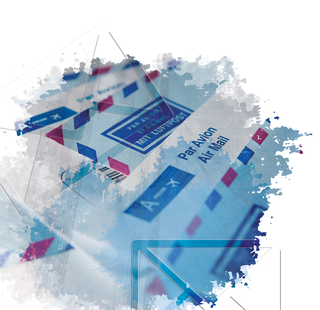
I've been running Linux now for several years, and I am loving the availability of a huge amount of high-quality, free software. I tried several distributions. Until three weeks ago, I was running Debian etch on my laptop and Suse 10.1 indoors. I read some articles about Mono and wanted to have a go at it myself. I decided to ditch the Debian on my laptop and install Suse 10.2 instead, as they have a connection to the development of Mono.
It installed fine but I noticed that the computer runs slowly and does a lot of disk activity although nothing obvious is running. Thinking it might be swap that caused this, I ran the free command and saw that all my memory (256 MB) is used, plus a bit of swap.
I checked my machine indoors and it was even worse. All of the 512 MB memory was used in addition to 770 MB of the 1G swap. Again, nothing special is running. I use this machine only as an IMAP and SSH server when I'm abroad.
I also have a very old PII laptop with 142 MB RAM running Damn Small Linux. This one only uses 22.5 MB of memory and no swap.
So my guess is that either Suse or KDE eats up all that memory and is slowing down my machine. Is there a way to find out how much memory each process actually uses?
Leo Paalvast
| LM |
256 MB is pretty light for a Suse 10.2 system. When we included Suse 10.2 as a Linux Magazine DVD in the February 2007 issue, we listed 256 MB as the minimum memory with 512 MB recommended. When you are in that zone between the minimum and the recommended RAM, a likely result is that your system will run slowly. You are correct that a big GUI environment like KDE could soak up memory. As for your indoor system, there may be another cause for the problem. See the Suse 10.2 help sources, which we summarize on Page 19 of our February issue.
Linux provides many tools for any task. The top command offers a quick summary of statistics for processes running on the system.
For more on top command-line options, and for additional information on interpreting the output of the top command, see the manpage (type man top at the command line).
In my short (two years) experience with Linux I have come to really respect quality. I have no doubt that the rest of the Linux community shares my admiration for the right thing done well for the right reason. There may be disagreement as to what qualifies for that description, but I'm sure there will be a fair amount of common ground when it comes to the opinion of the shoddy marketing ploy that has recently given "Unbreakable" a bad reputation. The quality of the product that Oracle made available for download when it was announced has not, as near as I can tell, been improved. In all likelihood, the only Linux entities to suffer from the Oracle, Novell, and Microsoft ventures are the three participants.
Chris Beltran
| LM |
Thanks for your comments. We'll see if the recent business moves by Oracle, Novell, and Microsoft, which we have chronicled in our News sections as well as our commentary page, will help or hinder the corporate strategists in their quest for market majesty.